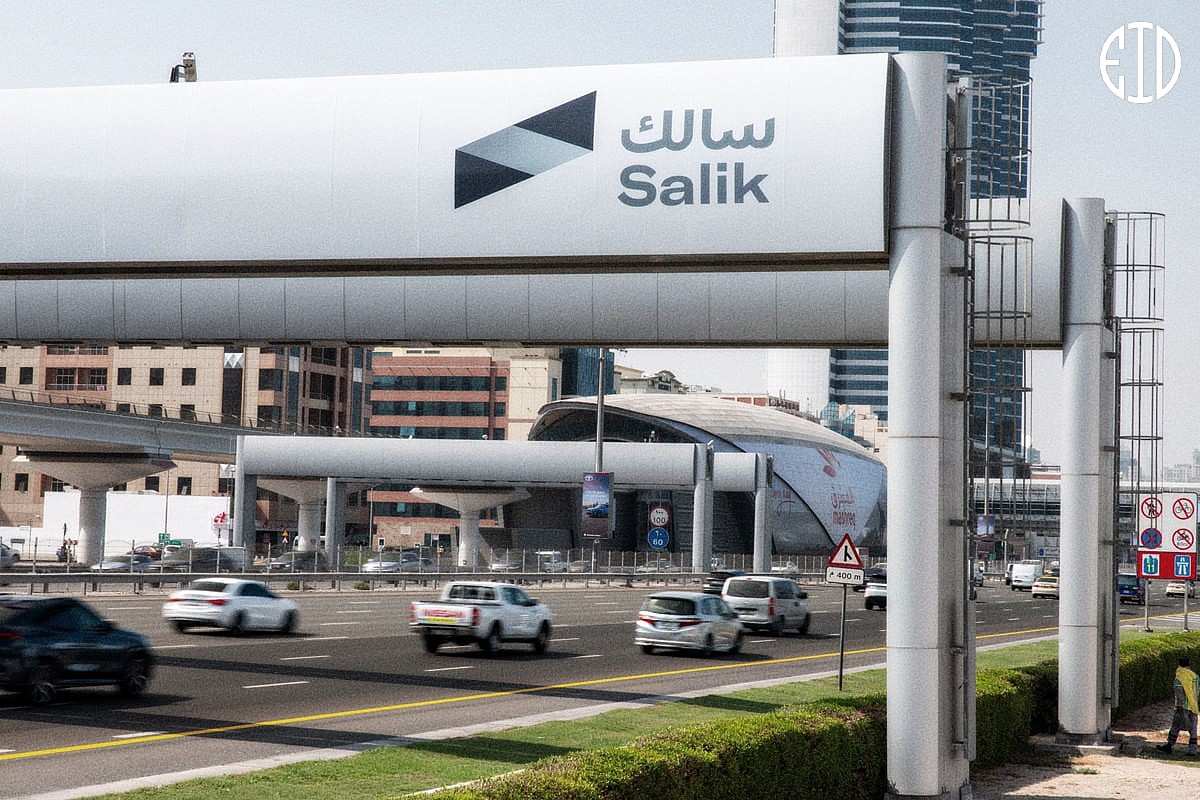Obesity in the UAE and its Impact on Cancer Rates
Recent research reveals alarming trends in cancer rates linked to obesity in the UAE, far surpassing global averages. The UAE faces significantly higher incidences of oesophageal, colon/rectal, and liver cancers, with rates up to three times above global norms.
Key Findings from the Study
The study, published in the Journal of Epidemiology and Global Health, highlights the UAE’s age-standardized disability-adjusted life years rate (ASDR) due to cancer. Oesophageal cancer’s ASDR stands at 85.07 per 100,000 people, colon/rectal cancer at 66.18 per 100,000, and liver cancer at 35.49 per 100,000. These figures underscore a critical need for intervention strategies.
Factors Driving Higher Cancer Rates
Westernization has influenced dietary habits in GCC countries, leading to increased consumption of processed and high-fat foods. This shift, accompanied by rising obesity rates, is a primary driver behind the surge in obesity-linked cancers in the region.
Implications for Public Health
Obesity is a significant risk factor for various cancers, necessitating targeted public health interventions. Strategies focusing on weight reduction and promoting physical activity could mitigate the escalating burden of these diseases.
Policy Recommendations
To combat obesity-related cancers effectively, policymakers are urged to implement robust prevention programs. These may include promoting healthier diets, enhancing nutritional education, and expanding access to obesity management clinics. Taxation on unhealthy food items and improved food labeling could also play pivotal roles in encouraging healthier choices.
Conclusion
Addressing the obesity epidemic in the UAE is crucial for curbing the alarming rise in cancer rates. By adopting comprehensive public health measures, authorities can significantly reduce the burden of obesity-related diseases and improve overall population health outcomes.












